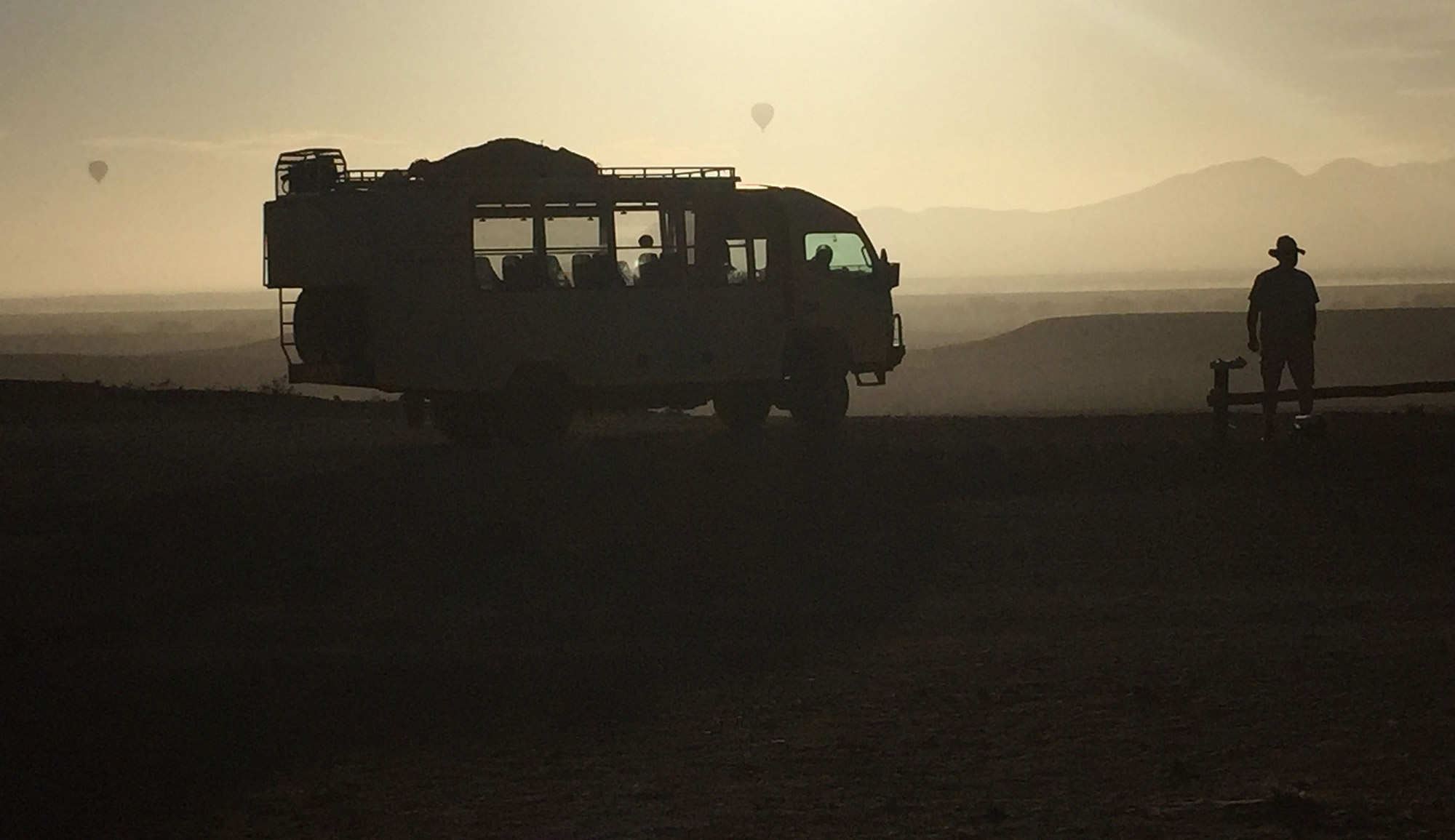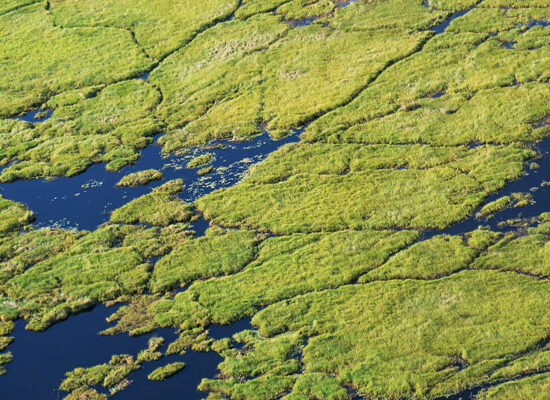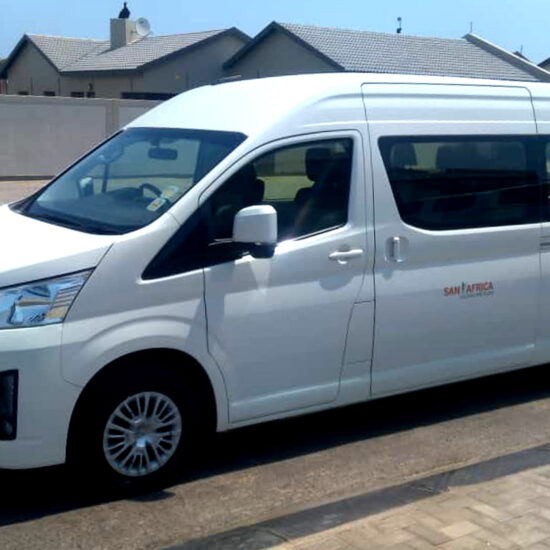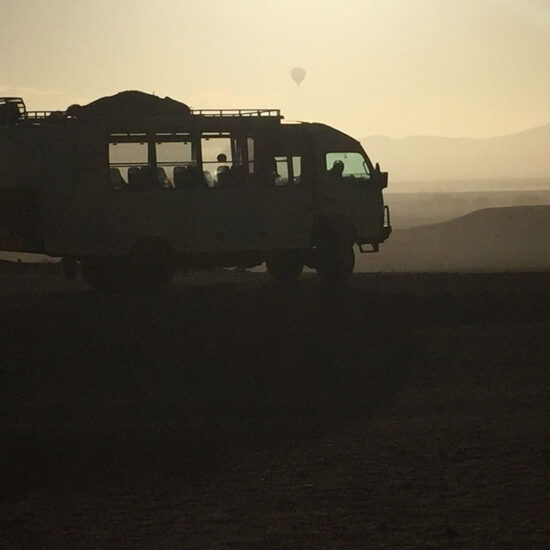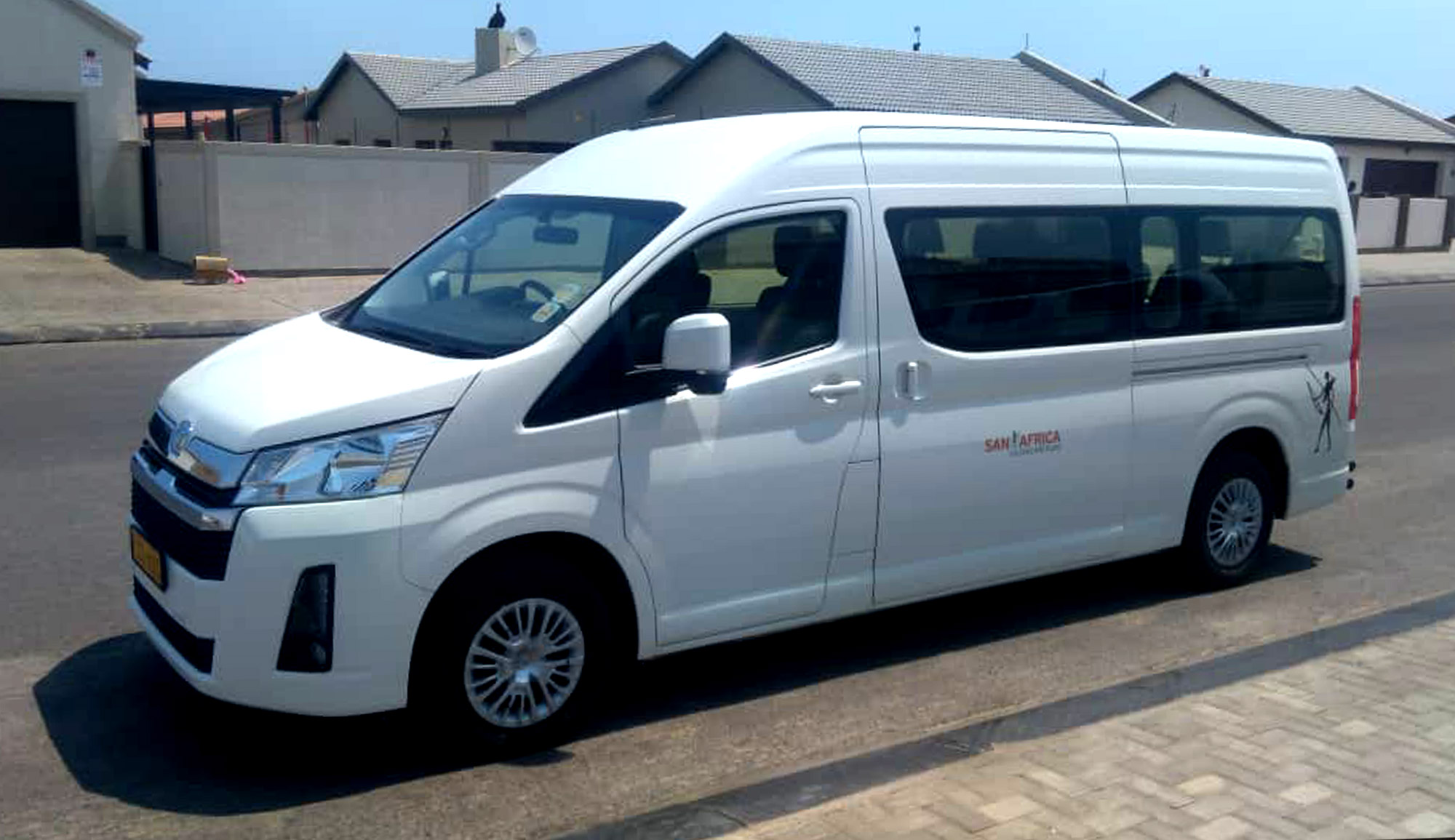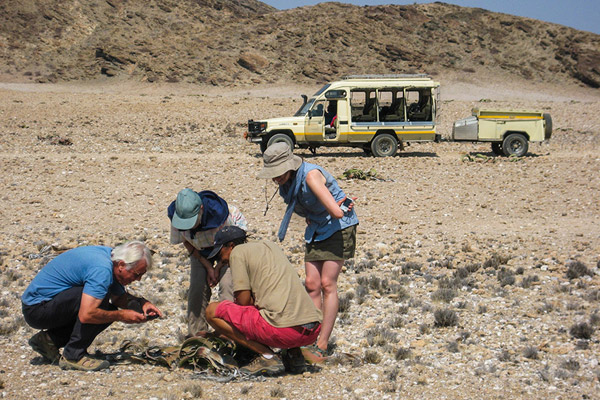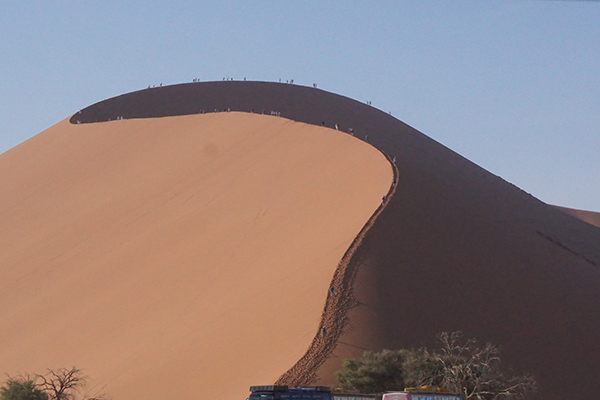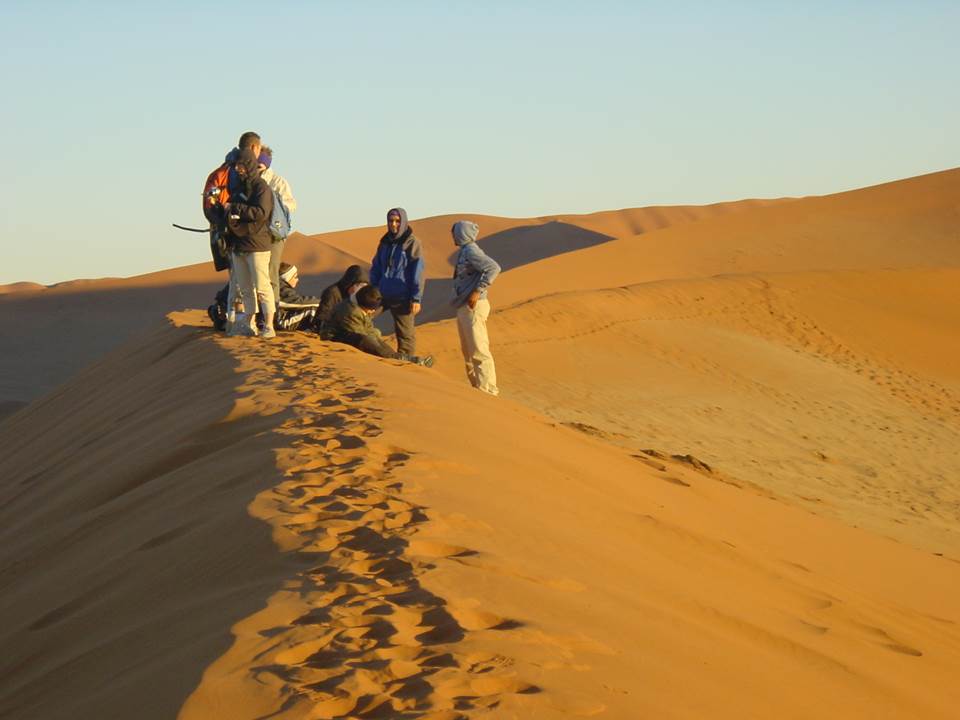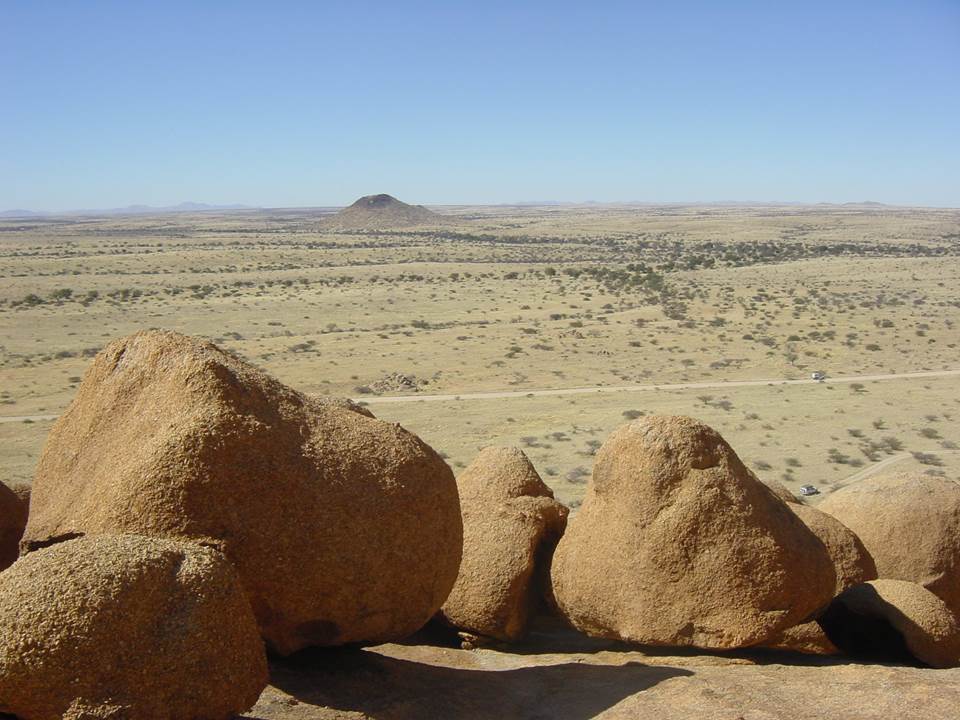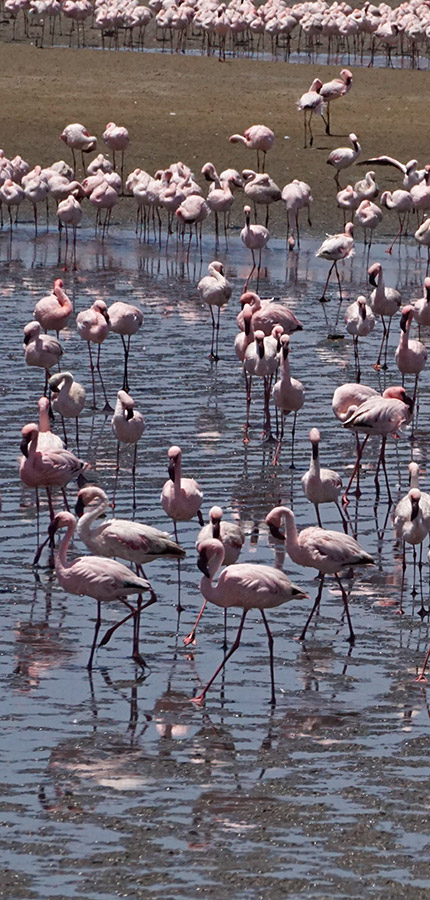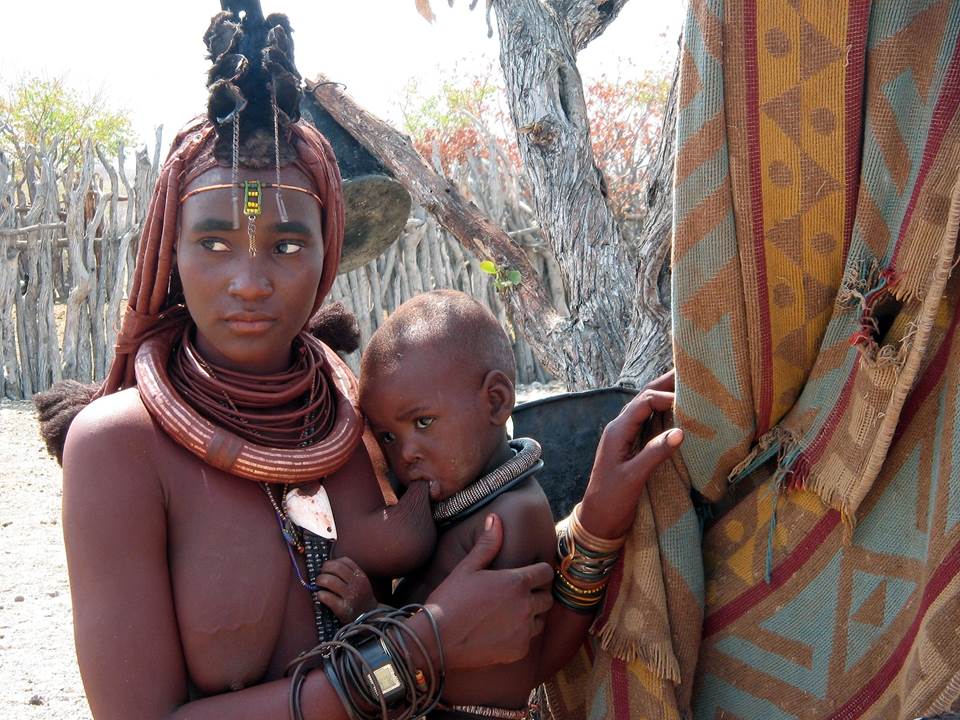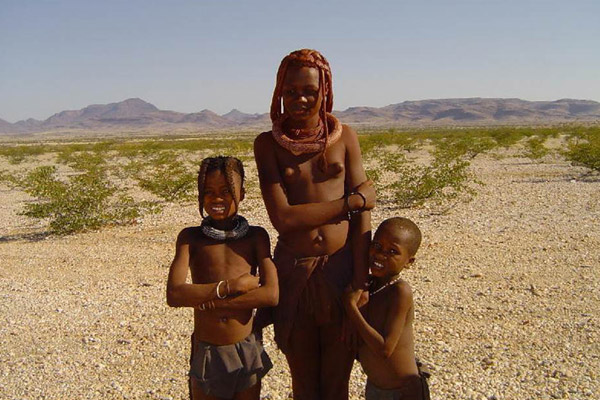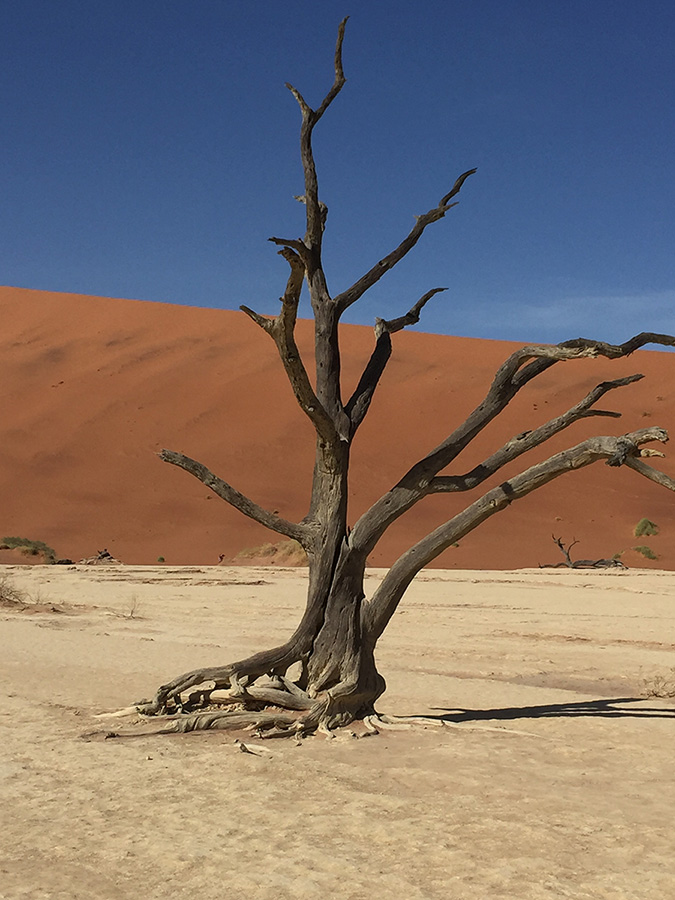Regional Information
TRAVEL HINTS
Our main destinations of Namibia, Botswana and Zimbabwe – Victoria Falls are safe countries to visit with friendly, peaceful people and well-developed tourism industries.
Crime is low to almost non-existent and the tourist infrastructure is well-established with great transportation and communications infrastructures.
Though there is some variation from the southern reaches of Namibia through Botswana and Zimbabwe – Victoria Falls, the stable sub-tropical weather patterns and low health and safety risks make visiting these Southern African countries as pleasant as the surroundings and the people you meet along the way.
Your most detailed, recent and easy to use travel guide is always your consultant. We have the latest information, first-hand experience and are always here to provide answers to your questions.
Included here is a short overview of the essential travel information. Use it as a guide if you want to establish the broad and general travel conditions to Southern Africa. Bear in mind that conditions do change without notice and if you have specific concerns to voice them directly to your consultant well before your departure.
Disclaimer: this information is provided as is without warranty or guarantee. While we make every effort to ensure the information we provide is correct, we make no attempt to provide comprehensive travel advice here and thus cannot be held liable for errors and omissions that may result in loss, injury or mishap.
BEST TIME FOR TRAVEL
Botswana
Botswana’s ideal game viewing opportunities have taken aeons to evolve into the near perfect conditions available today.
Best time for Game Viewing in Botswana
The delta is fed by rain from Angola which arrives in time to feed the parched animals at the peak of the dry season in Botswana’s dry months between April and November. Game viewing in Chobe is also best during the dry months and daytime temperatures are not excessive.
Specialist Safari Activities in Botswana
The rains from beginning of December to end of March is the best time for birding, especially in the Delta though many roads become impassable forcing camps to close and making fly-in safaris the only option.
November and December are calving months though temperatures hit extremes before the rains arrive. The rainy season – variously known as the “green” or “emerald” season – also sees vast migrations of Zebra and other plains herds south from Chobe through Savuti to the Makgadikgadi Pans and the Central Kalahari Game Reserve.
Temperatures in Botswana
Winter (May – August) evenings are cool to cold with frost and sub-zero temperatures in the Kalahari. Winter days are warm, dry and clear.
Summer (November – March) evenings are warm and balmy bringing an army of bugs (see Health and Safety for malaria information). Summer days are hot to very hot and humidity rises in the northern areas. The shoulder seasons are mostly dry; evenings are warmer than in winter and days are cooler than in summer.
Namibia
With such a variety of attractions and things to do, Namibia is a year-round destination. The best time depends mostly on what you want to see and do during your visit:
Best time for Game Viewing in Namibia
Winter, from May to October, is the best time for general game viewing. Water is scarce, the bush is thin and the waterholes are packed with thirsty animals. By comparison to other game parks in southern Africa, Etosha is an excellent wildlife destination all year round due to its natural waterholes and wide open spaces.
Specialist Safari Activities in Namibia
The rainy season, from January to April is good for migrant birds, calving wildlife, dramatic thunderstorms and beautiful landscapes. Hiking and cycling adventures are best done in autumn, from March to May, when the rains have increased the natural water supplies, the days are mild and night-time temperatures in the desert haven’t reached their coldest.
Temperatures in Namibia
The interior is warm to hot during the day most of the year. Summer evenings are warm and moist, winter evenings are cold and dry. The coast stays cool and moist all year round thanks to the prevailing south-westerly winds that rise over the icy Benguela Current. When planning your trip, let us know what you want to do and we’ll give you the best advice on when to visit.
Zimbabwe – Victoria Falls
Victoria Falls is governed by the water level of the Zambezi River. The water level of the Zambezi is governed by rainfall many hundreds of km’s upstream in Angola and thus its peaks and lows are at odds with the local weather patterns. Though spectacular all year round, Victoria Falls is best experienced in medium to high water when the flood is at its most dramatic. Here is an abbreviated version of the water levels:
Peak: March, April, May
High: February – June
Medium: June – September,
Low: October to December
Another common question we’ve answered about Vic Falls is “Which side of Victoria Falls is better? Zambia or Zimbabwe” and here we give you a detailed, impartial appraisal of your Victoria Falls viewing experience from both countries.
Visas
People from the following countries will be issued 90-day visas on entry. You may need to show proof of accommodation and a return ticket.
Botswana, Namibia and Zimbabwe all offer standard visas for up to 90 days. While you can ask your nearest Embassy/Mission/Consulate about your visa requirements, it’s easier and more reliable to ask your consultant about all your visa requirements before you leave.
Please note: the following information is a guideline only because regulations change often, undermining the validity of our guidelines. Always confirm your visa requirements with us well in advance of your travel date to avoid delays and problems.
Botswana
If you live in a Commonwealth country (with the exception of India, Ghana, Nigeria and Sri Lanka) you don’t need a visa.
Botswana Travel Advisory
The Ministry of Environment Natural Resources’ Conservation and Tourism through the Botswana Tourism Organisation announced the introduction of an obligatory Tourism Development Levy for all visitors to Botswana in exception of residents and citizens of the Southern African Development Community (SADC) member states.
The Levy of US$30.00 per person is payable at all ports of entry including airports and border posts, starting 1 June 2017. For more information visit: http://www.botswanatourism.co.bw/tourismlevy
Namibia
Contact the Namibia embassy in your country to apply for a visa or for more information. Or ask us and we’ll find out the latest information from the local authorities.
South African travel requirements for minors travelling to and from South Africa
New requirements, introduced by the South African Department of Home Affairs from 1 June 2015, specify that all minors (children under 18 years) are required to produce, in addition to their passport, an Unabridged Birth Certificate which shows the details of both parents for all international travel to and from South Africa. For full details please visit the Department of Home Affairs website
Zimbabwe and the Zimbabwean side of Victoria Falls
Zimbabwe Tourist Visa Costs vary from country to country and they often change with little or no notice. Contact us or your nearest Zimbabwean Consulate for the latest visa information.
You don’t need a visa for Zimbabwe if you come from:
Aruba Bahamas Barbados Belize Bermuda Botswana Cyprus Democratic Republic of Congo Fiji Granada Hong Kong Ireland Jamaica Kenya Kiribati Leeward Island Lesotho Malawi Malaysia Maldives Malta Mauritius Montserrat Namibia Nauru New Zealand Samoa(Western) San Marino Singapore Solomon Islands St Kitts St Lucia St Vincent & the Grenades Swaziland Tanzania Tonga Trinidad & Tobago Turks and Cacos Islands Tuvalu Uganda Vanuatu Zambia.
If you come from any country not listed above, contact your nearest Zimbabwe Consulate to obtain your visa before you leave home.
HEALTH AND SAFETY
Botswana
The medical and healthcare systems in Botswana are well developed, though distances between facilities and practitioners are great. A competent air rescue service operates throughout the country but comprehensive travel insurance will be required to make use of this service.
The most significant health threat in Botswana is malaria in the northern areas. Follow the pre-departure advice of your GP and make liberal use of repellents, protective clothing and bed nets. Malaria can remain dormant for a long time so be aware of any flu symptoms developing for up to six months after your visit. Treated early, malaria is easy to completely eradicate so you need not worry about your safety provided you follow the wealth of precautions available.
Low-level crime is evident in the built-up towns but nothing that common sense won’t be able to handle: lock up your valuables, keep your personal belongings with you and be aware of your surroundings.
Namibia
The northern regions of Namibia – particularly the Kunene River and the Caprivi – are malaria areas with a high risk between November and March. The further south you travel the lower the risk becomes. In most of the country there is no malaria risk at all.
Start taking your anti-malarial precautions a few weeks prior to your departure. Use that time to observe any side effects and switch anti-malarial regimes if necessary. Depending on your itinerary, you may not need to take precautions. Please check with us when you make your booking.
There are no inoculations required for any country in southern Africa unless you are travelling from a known yellow fever country. In that case you will need to produce a vaccination certificate upon arrival or application for your visa.
For more health-related information consult the Centre for Disease Control (CDC) website at: http://www.cdc.gov/travel/safrica.htm (opens new window)
Private clinics, hospitals and health services are of a high standard in the main cities. Because of the low population density and the size of the country you may need to travel great distances in an emergency. A private medical evacuation service operates throughout Namibia. However, they will not assist unless the casualty has adequate medical cover. For this reason, we require travel insurance that is valid for your entire holiday.
Victoria Falls
Is it safe? Relatively, yes. Victoria Falls has remained unaffected by the turmoil in Zimbabwe due to its proximity to external sources of supplies (Botswana, Zambia and Namibia). The people, as always, are friendly and optimistic but the reliance of informal trading of African arts and crafts at the markets and roadside has led to over-bearing sales tactics that you may want to avoid.
However, we monitor the situation carefully in constant contact with our suppliers on both the Zambian and Zimbabwean sides. Should the security, health or economic situation pose a threat we will not hesitate to intervene and recommend alternative arrangements.
Is it ethical to visit Victoria Falls? That depends on your point of view. We believe that to boycott a dictatorship is to sanction its people, not its leadership. However, if you have moral objections of any sort, you can still visit Victoria Falls from the Zambian side and enjoy the full spectrum of exciting activities on offer.
MONEY MATTERS
Foreign exchange is freely traded in Botswana, Namibia, Zimbabwe – Victoria Falls.
All international airports have foreign exchange desks, though for Zimbabwe – Victoria Falls we recommend you use US$/Euro as it is universally accepted – bring a variety of denominations to avoid receiving change in a less-than-useful local currency.
Entry Visas are payable in US$/Euro so check the latest requirements with your consultant and have the correct amount handy on arrival.
If you visiting Namibia only, we recommend you buy South African Rand (ZAR) – the Namibian Dollar is inter-changeable with the Rand in Namibia only and is not accepted at banks outside the country.
Travellers’ cheques, credit cards and debit cards are accepted only in the large hotels and lodges in the cities. At safari lodges and shops in the more remote areas, cash is the only means of payment. Though many of the lodges are fully inclusive, some offer extra activities or charge for premium imported spirits and wine; you may want to buy some of the local craft and tip the staff in which case small denominations of US$ will again come in handy.
Tipping at lodges in Namibia, Botswana and Zimbabwe – Victoria Falls is not expected but always welcomed. Many safari lodges have a system of sharing the tips among the general housekeeping staff with a separate system for the guides. We recommend you ask the concierge or your host about the tipping protocol when checking in or out.
LINKS TO MORE INFORMATION
www.fitfortravel.nhs.uk/destinations/africa/namibia.aspx
INTERNATIONAL TIME AND DATE
https://www.timeanddate.com/worldclock/namibia/windhoek
Location
Tour Review Scores and Score Breakdown
Each of our safaris tours are with experienced guides, where our passion for your voyage extend to scheduled fly ins and self-drive safaris that allow you to take the wheel in your own wild life journey.


